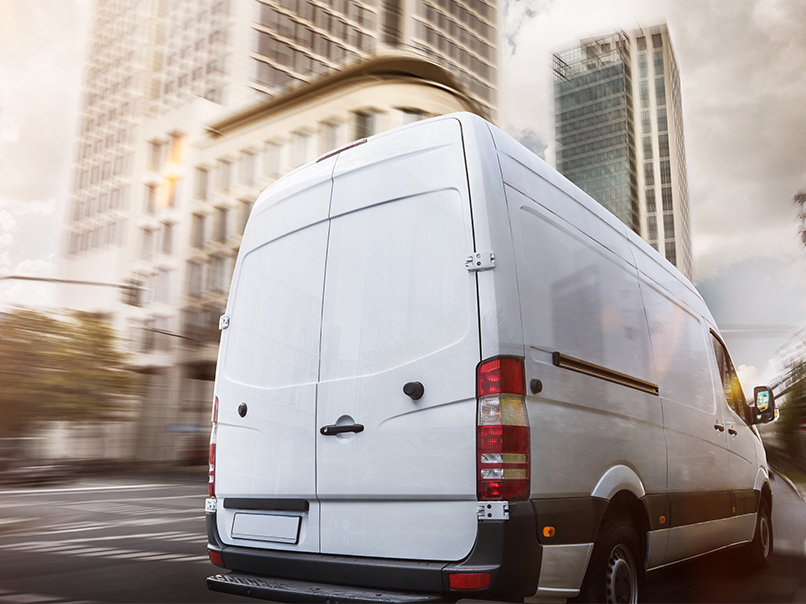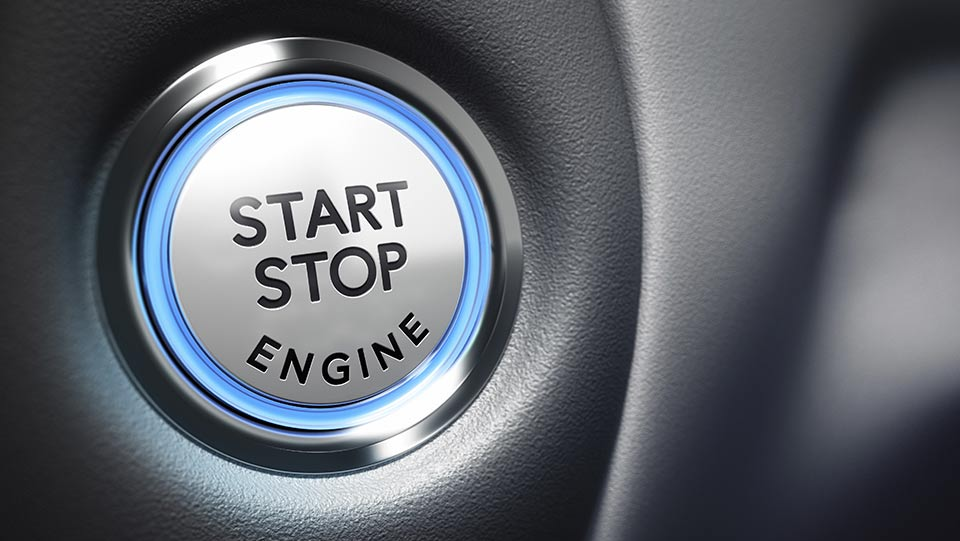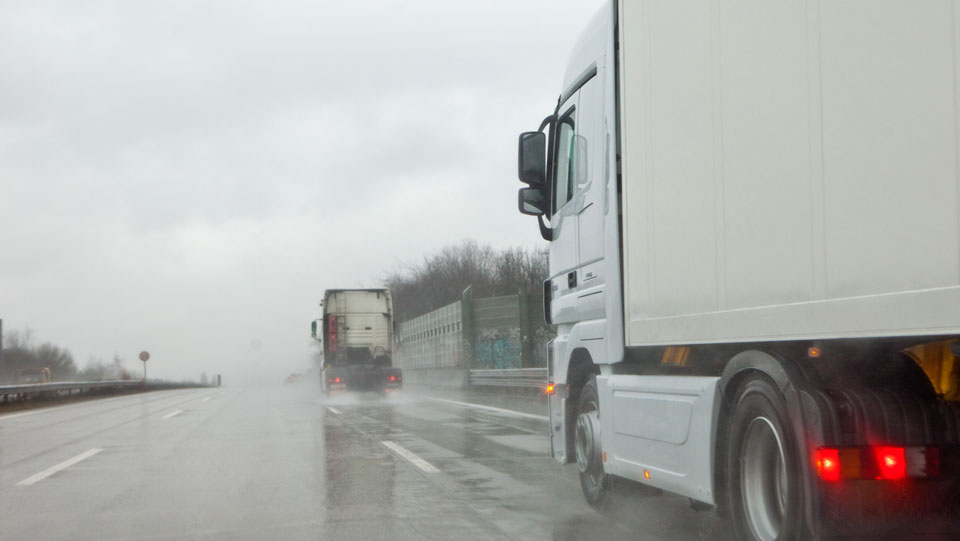Hired and Non-Owned Auto Coverages (HNOA)
What is hired and non-owned auto coverage?
Hired and non-owned auto (HNOA) coverage helps protect you, your business and your employees. If your business hires, rents or leases vehicles for work purposes, such as a van to move equipment or a car during a business trip, you need HNOA coverage.
Why do I need hired and non-owned auto coverage?
You need HNOA coverage because your business could be held liable if you or an employee is involved in an accident while driving for work purposes.
Using rented, hired or personal non-owned vehicles for work-related purposes exposes your business to risks. Help protect your employees and your company with HNOA coverage.
Risks on the road
If you or an employee is involved in an accident while driving a rented auto, you could be liable if a lawsuit or claim is filed against your business. Even if your business doesn’t use hired vehicles, it may at some point. To cover that risk, you need to purchase the right commercial insurance to avoid a gap in coverage.
Commercial auto policies don’t automatically cover vehicles you don't own, even when you use those vehicles for business. That’s why you may need HNOA coverage.
A personal auto policy may provide some protection for an employee's personal auto used in your business. Important limitations differ by carrier. Check with your agent to learn more about HNOA coverage.

Minimizing business risks
Hired and non-owned auto insurance covers commercial auto liability damages (settlements, judgments, attorney fees and other court costs). If employees operate vehicles for your business, HNOA coverage may be a wise investment.
Employee drivers represent your company – whether they drive every day or infrequently. It’s critical to uphold safety standards for all employees.
Partner with us
We have over 100 years of auto insurance experience. Our Claim professionals are experts at handling complex auto claims. Talk to an agent about how hired auto coverage can help protect your business.
Tips for reducing business-related accidents
-
Set driver age, experience and safety standards.
-
Vet and approve all drivers.
-
Ensure valid driver’s licenses.
-
Check motor vehicle records annually.
-
Prohibit cellphone use and distracted driving.
-
Talk to your agent about additional motor vehicle resources.
The right coverage is important
Regularly monitor how much employees are driving non-owned vehicles to make sure you have appropriate HNOA coverage.
For example, restaurants making deliveries have a greater HNOA exposure and more risk. But salespeople working from home, rather than on the road, may enable you to adjust your HNOA coverage.
Roadside assistance
The road is an uncertain place. Have peace of mind knowing that help is just a phone call away.
More Prepare & Prevent
Insights to help you manage risks at work and on the road
Driver & Fleet Safety
Safeguard Your Business with a Distracted Driving Policy
Help prevent distracted driving accidents in your business by creating and enforcing a mobile phone use and distracted driving policy. Learn more from Travelers.

Driver & Fleet Safety
8 Elements of a Fleet Safety Program
A formal fleet safety program can help maximize fleet efficiency, enhance safety and more.

Driver & Fleet Safety
Helping to Keep Your Drivers Safe in Dangerous Conditions
Whether you have employees driving occasionally or an entire fleet of drivers, help keep them and others safe by sharing these precautions from Travelers.

